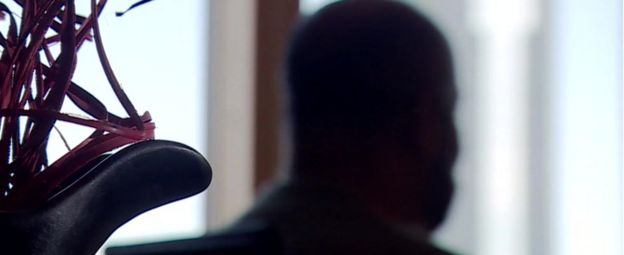"The Forced Marriage Unit" (Straight) South Asian Answer to Gay Marriages
Hundreds of gay and lesbian people of South Asian heritage are believed to be under pressure to marry someone of the opposite sex, police say.
West Midlands Police said a growing number are now contacting the force after being ordered to have a heterosexual wedding by their families.
The UK's forced marriage unit heard from at least 30 LGBT people last year.
But they say more people are likely to be affected as being gay is often seen as taboo among south Asian communities.
This is supported by data from charities and LGBT organizations that have made referrals to the police.
Twenty-two gay and lesbian people of South Asian heritage have told the BBC that at some point they were pressured to marry somebody of the opposite sex.
In most of those cases, the individuals said they were tempted to go ahead with the marriage because they did not want to embarrass their family or ruin their reputation.

'My family tried to 'cure' my homosexuality'

Ranjeep - not his real name - told his family a couple of years ago that he was gay. His father's first response was to tell him to marry a woman.
"I'm Sikh, and culturally the older generation don't accept homosexuality," he said. "My father ordered me to marry a woman because he thought that would cure my homosexuality."
Ranjeep, who is in his 30s and from Coventry, said: "The emotional pressure is really hard and distressing and you don't want to bring shame on the family by saying you're gay. I ended up marrying my partner but my parents didn't come to the wedding."
He said he lives two separate lives and is distraught his father will not accept him for who he is.
"It's heartbreaking to see my father heart-broken because of my sexuality."

A forced marriage is where one or both people do not consent to the marriage and pressure or abuse is used. In the UK, it is illegal and recognized as a form of violence against women and men.
The pressure put on people to marry against their will can be physical or emotional and psychological.
Det Sgt Trudy Gittins, from the West Midlands force, said the people coming forward from the LGBT community in recent months are from all walks of life.
"We've got professional well-educated people who still feel that immense pressure because there's a whole expectation that they will not bring shame on their family," she said.
"Homophobia is rife in some communities and to be seen as being gay or lesbian or bisexual it can absolutely destroy the dynamic of that community and this person just has that burden every single day and it can cause a great deal of anxiety and distress and in some cases, they also feel suicidal."
Old fashioned attitudes
The Foreign Office and Home Office set up the Forced Marriage Unit in 2005. Figures show 30 LGBT people who contacted the unit last year were among the 1,428 people who asked for help.
But the government acknowledged the actual number of cases that involving LGBT people could be "significantly higher" as it did not explicitly ask people whether their sexuality was the trigger for the forced marriage.
The unit is now working with LGBT groups to encourage more victims to come forward and get support.
Khakan Qureshi runs a Birmingham-based organization called Finding a Voice, which gives advice to gay and lesbian people of south Asian origin.
He is of Muslim faith and told his family he was gay more than two decades ago. He says they no longer speak to him.
"I had one relative who is in his 20s, and he told me that he would kill his son if he told him that he was gay.
"And it's this old fashioned attitude that scares me because attitudes haven't changed since I came out more than 20 years ago. The younger generation has to be bold and reject this sort of homophobia and ignorance or attitudes will stay the same."
Blackburn-based imam Saleem Sedat said homosexual people should be treated with respect and humanity.
"Islam is categorically against forged marriage," he said. "What's important is that we're sensitive towards the concerns of young people including when it comes to matters of sexuality and that we provide them with the necessary support and care they require to grow and become healthy members of society."

Comments